- +91 22 23526372
- kgc@karangupta.com
France has one of the most developed public education systems in Europe and boasts over 3,500 higher learning institutions. Many people believe that if you want to study in France you must speak French. Whilst this is still broadly true for undergraduate courses, there are now a number of universities in France where English is the primary language used for lectures and seminars.
Home to some of the most iconic and beautiful cities in Europe, France is also the country of origin of many of the world’s greatest thinkers – Descartes, Sartre, Proust and Camus to name but a few – and some of its top academic institutions. For overseas students with French language abilities or those willing to learn, France can be an excellent option. Now that English is being used in selected establishments more students are discovering France as a study destination.
France has beautiful cities that host some of the best educational and technical institutes in the world. Although most of the undergraduate education is in French, there are now a select few universities and colleges that offer educational courses completely in English. The standard of living in France is high and the infrastructure is excellent. French universities have a diverse student population and many are recognized internationally as centers of excellence. And of course, the stereotype is true – France has excellent food and wines!
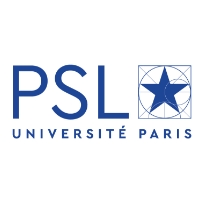
Paris Sciences et Lettres University, Paris, popularly known as PSL, was founded in 2010, receiving university status in 2019. It is the top-ranked university in France in the QS World University Rankings 2021. The university offers degrees in physical sciences, humanities and social sciences, management, economics creative arts, etc. Nobel laureates, Abel laureats and CNRS Gold medalists are amongst the university’s alumni.
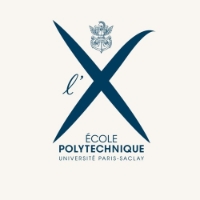
Ecole Polytechnique is one of the elite and most prestigious universities in France. It was established during the French revolution in 1794 by the mathematician, Gaspard Monge. It is the second-ranked university in France in the QS World University Rankings 2021. The university offers Bachelors, Masters and Doctorate degrees. French Presidents, Nobel Prize winners and business leaders are amongst the alumni.
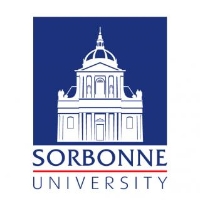
Sorbonne University is a research-oriented public university located in Paris. It was established in 2018 with a lineage dating back to 1257. It is the third-ranked university in France in the QS World University Rankings 2021 offering programmes in science, engineering, medicine and humanities. Emmanuelle Charpentier, alumna of Sorbonne University along with Jennifer Doudna was awarded the Nobel Prize in Chemistry in 2020.
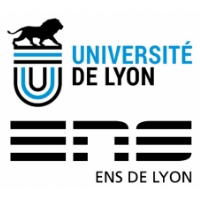
The Ecole Normale Supérieure de Lyon popularly known as ENS de Lyon was established in 2010 with lineage dating back to 1880. It is located in Lyon, France. It is the fifth-ranked university in France in the QS World University Rankings 2021. The school offers programmes in arts and sciences.
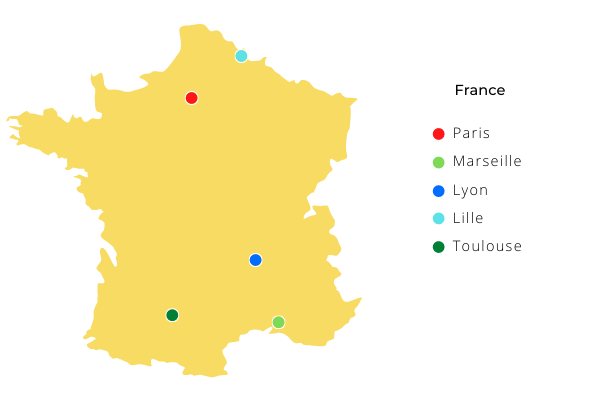

ESSEC
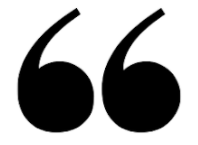
The KGC team makes the admission process extremely simple for me. The university selection process was done in a very informed manner and after careful thought. Then on essay editing and the mock interview helped boost my confidence as well as my application. I am delighted by their services and recommend it to every student aspiring to get admission abroad.

When Anish visited us, he was confused about pursuing a MIM, MIF or MBA degree in Europe. With Dr Gupta and the KGC Team's constant guidance and support he secured admission for MIM in ESSEC.
Some images and names in the reviews have been changed to protect the privacy of the concerned.
French state-run universities offer completely free education even for international students studying abroad, although to qualify you may be required to take your courses in the French language. For private universities in France the average fees for foreign students are around €30,000 per year. Living expenses in France are about €10,000 per year on average.
If you have good French language skills you may qualify for a free place at a state-run university. Private universities do offer scholarships and support funding via an application process. Your chances of success will be greatly increased if you take advice on how to approach the application, and if you can show particular links with France or strong reasons why you are choosing a French as your study destination over another country.

France is part of the Schengen area which means you are allowed to travel anywhere in the Schengen area with your student visa. The French student visa process can take a long time to process which is why you should apply 3 months before your university course starts. The French long stay visa application has to be applied in two stages. First the student has to apply for an approval from the academic centre of France in their home country and after their approval the second stage can begin. In the second stage, students get to apply to the French Consulate for the student visa. An interview is a part of this process where you will be asked about your reasons for studying in France.
International students can work in France once they have been hired by a local company – it is the employer that sponsors a full-time work permit after a student has graduated. Getting jobs in the EU as a non-EU citizen can be difficult, so choosing the right courses can be vital in maximizing your potential for employment here after graduating.

Students need to take GMAT/GRE and language tests such as TOEFL/IELTS for courses taught in the English language depending on specific university requirements. However, French language tests like TCF (Test of Knowledge of French) or Le TEF (Test dâ Evaluation de francais) are needed to pursue a degree in French.
In addition to education, students can join clubs and associations to network with other students and make friends. Universities organise events for their students. Off-campus students should explore the diverse culture by visiting museums, concerts, plays and national monuments in addition to discovering French cuisine.
You don’t have to be fluent but you will need to know the language to get by. You will find courses that are in English and not necessarily need it for coursework but you will have to know it for every other aspect of your life.
Why This Conversation Matters More Than Ever Every year, parents walk into my...
Why “The UK Is Cheaper” Is a Dangerous Half-Truth For years, the ...


